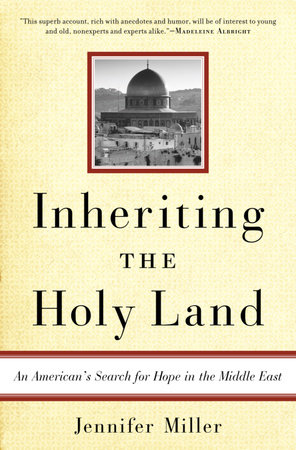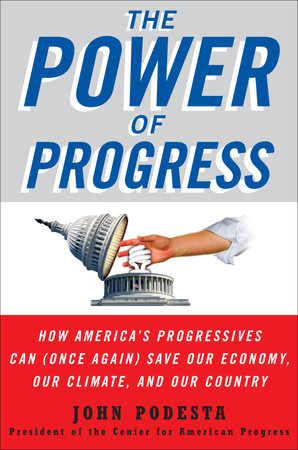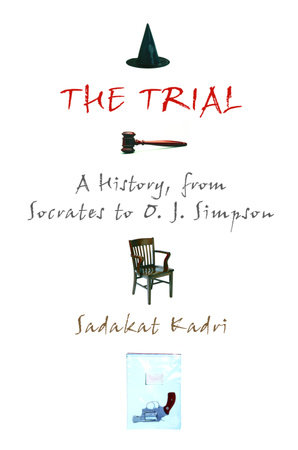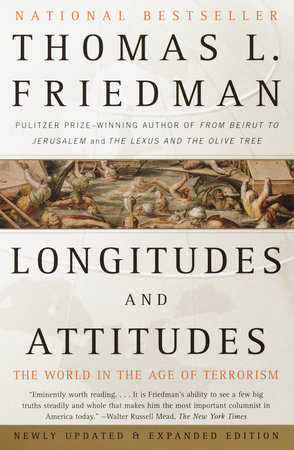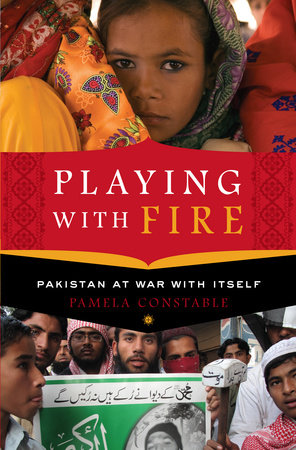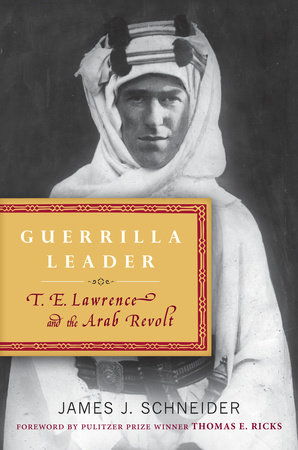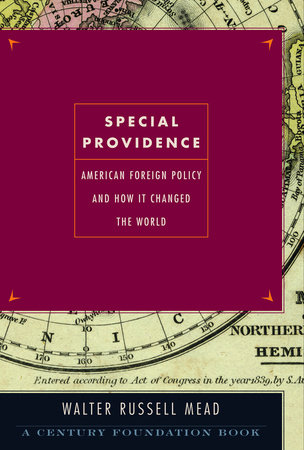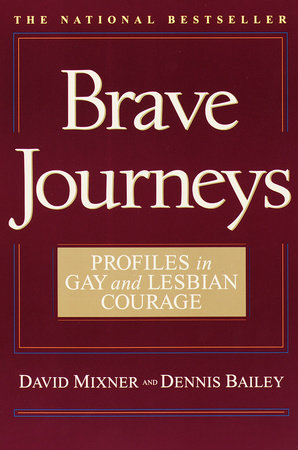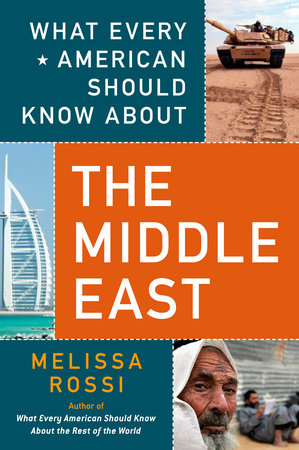A Talk with Jennifer Miller
INHERITING THE HOLY LAND is your personal journey through one of the most pressing conflicts of our time. What in your life led you to delve so deeply into the conflict between Israelis and Palestinians?
I grew up in a middle-class suburb of Washington DC–about as far from the Israeli-Palestinian conflict as you can get. My father worked at the State Department on the Middle East peace process, so dinner table conversations often revolved around the PLO, the Labor party, the intifada–topics that in this child’s mind fell into the horribly boring realm of “politics.”
That changed in 1993 when I watched Yasir Arafat and Yitzhak Rabin sign the Declaration of Principles for the Oslo Accords on the White House lawn. I was fascinated with the group of green-shirted Israeli, Palestinian, and Egyptian teenagers sitting in the front row. These were the first graduates of the Seeds of Peace International Camp. Two years later, I attended Seeds as part of a small American delegation and it was through this experience–and the friends I met there–that I decided to invest myself in helping to educate people about this conflict.
When you interviewed Colin Powell, he told you, “An unresolved Israeli-Palestinian conflict is a dark cloud over the United States.” Why is this and why is this topic important to all Americans?
I strongly believe that resolving the Israeli-Palestinian conflict requires a third-party broker and that this party must be the United States. No other country has the same relationship with Israel as well as the ability to persuade Israelis and Palestinians. At the same time, the U.S. must present itself as an impartial broker focusing on the needs and requirements of both sides.
Our role in resolving this conflict will have a direct relationship on how Arabs and Muslims view our nation for generations to come. As a democracy and the most powerful nation in the world, we have a responsibility to uphold our principles abroad–not try to spread them. I believe this is how we can resolve the Israeli-Palestinian Conflict and eradicate much of the current anti-Americanism in the Middle East.
You visited places that most people never go to–Gaza, Tekoa, Ramallah, East Jerusalem, etc. What was it like to be a young Jewish American woman traveling in this region?
In the Middle East, identity is inescapable, even for an American visitor. I experienced no anti-Semitism, but some Palestinians believed my religion prevented me from being an impartial researcher. Many Israelis couldn’t understand why, as a Jew, I considered America my home and not Israel. I wasn’t used to being put in such boxes, but Israelis and Palestinians are all too familiar with the experience.
Palestinians went out of their way to be hospitable and convince me that “not all Arabs are terrorists.” At the same time, I heard a great deal of anti-U.S. government sentiment. My Palestinian friends often engaged me in political arguments where I ended up feeling like an American punching bag. These are bright young men and women who have no outlet to express their frustration and suddenly I appear–their friend, but an American nonetheless.
I tried to be vigilant of my surroundings, but my research required risk-taking. I never felt comfortable in Gaza. Only a few months before I traveled there, four American contractors were killed while driving down the main road into Gaza city. Jerusalem is equally unpredictable. Two of the cafés in which I ate were eventually blown up. One of them was a block and a half away from my apartment. When the bomb went off the walls shook.
When you went to the Center for Monitoring the Impact of Peace (CMIP) to research the textbooks taught in Palestinian schools, you were surprised to find the books locked-up in a safe. What is it about both Israeli and Palestinian textbooks that causes such controversy?
Palestinians feel that their very identity is threatened, so their books focus more on teaching nationalism than an impartial view of history. A map for kindergarten shows an outline of historic Palestine with the West Bank and Gaza depicted by dotted lines, but without names. The caption reads: Palestine. This map presents a highly confusing picture of what “Palestine” actually is. There is no internationally recognized Palestinian state, but Israelis claim such a map teaches children that Israel does not exist–that there is only Palestine.
Professor Eli Podeh at Hebrew University believes Palestinian books of today resemble Israeli books from the early years of the state. From 1948 through the 80’s, Israeli books tried to disavow a unique Palestinian identity by referring to “the Arabs of the land of Israel” instead of “Palestinians.” Today, Israeli books widely use the term “Palestinians.” At the same time, only two current Israeli text books use the word “expelled” in reference to the events of 1948. To Palestinians, this omission denies Israel’s culpability in creating 700,000 refugees.
Before going to the Middle East, you felt skeptical about the right of Jewish settlers’ to build communities in the West Bank and Gaza. Did your views change after visiting Tekoa and other settlements?
Going into my research, I had little understanding and little respect for the notion of “Greater Israel” to which so many settlers adhere. I was so skeptical of this religious conviction, in fact, that I resisted visiting Tekoa. But this is the challenge faced by each young Israeli and Palestinian who decides to reach out to the “other side.” There can be no true compromise unless you give an ear to all voices–even those that offend your sensibilities. So I went to Tekoa, listened to the people there, and came away with a greater appreciation for the convictions they hold–even if I do not share these convictions.
I was fascinated by your visit to Yasir Arafat’s compound and your subsequent interview with him just a few months before his death. What did you take away from that day?
My visit to Arafat at the Muqata was a multi-layered experience. I was struck by the destruction of his headquarters–a result a 2002 IDF campaign–and by the fact that Arafat was under virtual house arrest. I saw firsthand how difficult this made his job.
My visit with Arafat demonstrated that he truly was the symbol of the Palestinian nationalism. As such he was and will remain of great importance to his people. Having lunch with Arafat, however, made me see him as more of a caricature than an individual. By that time, he had taken a departure from reality. He related stories of coexistence between Israelis and Palestinians that were figments of his imagination. What Palestinians need now is not a symbol, but a leader–someone who is pragmatic, candid about his intentions, and committed to the practical needs of his people.
INHERITING THE HOLY LAND provides perspectives not often heard when discussing this topic–the voices of young people who grew-up in the Middle East. What did you learn from the youth living with the conflict at their front door?
One afternoon, my Palestinian friend Badawi was taking me on a tour of Ramallah. In one of the poorer neighborhoods, we came across a group of teenage boys. When I asked the boys what they wanted to be when they grew up, one said he wanted to be a business man to buy more weapons to fight against Israel and another wanted to be an engineer to build better weapons. I was stunned by these comments; Badawi was pursuing degrees in both business and engineering, but he wanted to improve his nation’s infrastructure, not spread violence. When I questioned them, the boys told me that “violence is the only way to make people listen to us and respect us.”
Later, the boys begged me to get them US visas. “The United States is safe and clean,” they told me. “We want to be like American children.” I then realized that two of boys were wearing t-shirts bearing imprints of the U.S.–one said “America” and another said “Coke.” I understood then that these teenagers were not violent at heart. They had no great love for terror. They wanted to enjoy life, but unlike Badawi, who had been lucky enough to see a world outside Palestine and the conflict, these children saw a dead-end future.
The young Israelis and Palestinians I met on my journey through the Middle East are hungry for life. They want the same opportunities that most American youth have. Badawi and so many other young people demonstrated the energy, creativity, and commitment necessary to transcend their immediate circumstances–but they need help. They need their parents, educators, and leaders to take their needs much more seriously.
Omri, one of the young Israelis profiled in your book, wants to be a fighter in the Israeli Defense Forces (or as he says, “a warrior.”). With military service mandatory in Israel and so many young men and women proud to serve, do you believe that conscription prevents the younger generation from seeing an alternative to military might in working towards peace and reconciliation?
Universal Conscription isn’t the problem. Some of Israel’s most prominent leaders (Ehud Barak and Yitzhak Rabin) built their reputation through the military but made painful concessions for peace. Young Israelis should protect their country, but they need exposure to non-military solutions to the conflict.
Before Omri met Palestinians face-to-face, he shouted “death to the Arabs” at rock concerts and advocated “transfer,” the forcible removal of all Palestinians from the West Bank and Gaza. Today he is passionate about being a warrior, but he knows there is no military solution. He has found a middle ground between pragmatism and idealism.
You visited the family of a young female suicide bomber. How did you feel being in the home of a family that many would see as “terrorists” and just as many would see as “freedom fighters”?
Ayat Al-Kharas was an eighteen year old Palestinian who blew herself up in the entrance to an Israeli supermarket. Ayat’s family said they hadn’t a clue that Ayat was going to commit a bombing. Her mother expressed extreme pain at having lost her daughter. Mrs. Al-Kharas implored me: “I’m not a terrorist. I’m just like an American mom.” At the same time, Mrs. Al-Kharas was insistent on the fact that the bombing was Ayat’s personal choice. No one pressured her or incited her.
During my visit, someone turned the TV to a dubbed version of Air Force One. In this movie Russian hijackers attempt to kill the U.S. President, aboard the Presidential plane. The content of the movie made me acutely aware of my present location: I was in the house of a suicide bomber. I became conscious of an invisible line drawn between myself and everyone else in the room. The “us versus them” line. I’d like to think that Ayat’s mother saw the American president as the emblem of “good”–of democracy and freedom– and the violent hijackers as the antithesis of all that. I’d like to think that Mrs. Al-Kharas was, as she said, “just like an American mom.” I realized, I couldn’t be sure.
You write, “There is no single action you could do to make peace, but endless ways to provoke war.” Yet, INHERITING THE HOLY LAND is a hopeful book. Is there hope in the Middle East?
INHERITING THE HOLY LAND acknowledges that creation takes a long time. You can knock down two towers in a matter of minutes; it takes much longer to construct those towers, but you gain from creation in a way that you cannot from destruction. These gains are connections between people, intellectual and technical innovation, and the creative energy that is produced from solving difficult problems. Israelis and Palestinians have embarked on the long, arduous path of creation, and they’ve made significant progress. Today Israelis and Palestinians recognize each other as legitimate peoples and nations. Today the entire world believes in the inevitability of a Palestinian state.
My book is hopeful because it proves the Israeli-Palestinian conflict is not the fight of good against evil. It proves that Israelis and Palestinians are not wired to hate each other. It proves that young people in both societies have real potential to rise above their immediate circumstances, if given the opportunity to do so.
What do you want readers to take away from INHERITING THE HOLY LAND?
I want readers to understand that challenging their beliefs and being receptive to unpleasant opinions and unfamiliar experiences is a kind of strength. Until I spent time with Israelis and Palestinians on their turf and listened to a wide variety of ideologies–from settlers to Palestinian Islamists to the mother of a suicide bomber–my picture was incomplete. These viewpoints and many others were difficult for me to hear. I did not agree with or accept every story. But only by confronting my biases and allowing myself to question some of the truths I’d grown up with was I able to understand the real complexity of this conflict and the basis for solving it.
